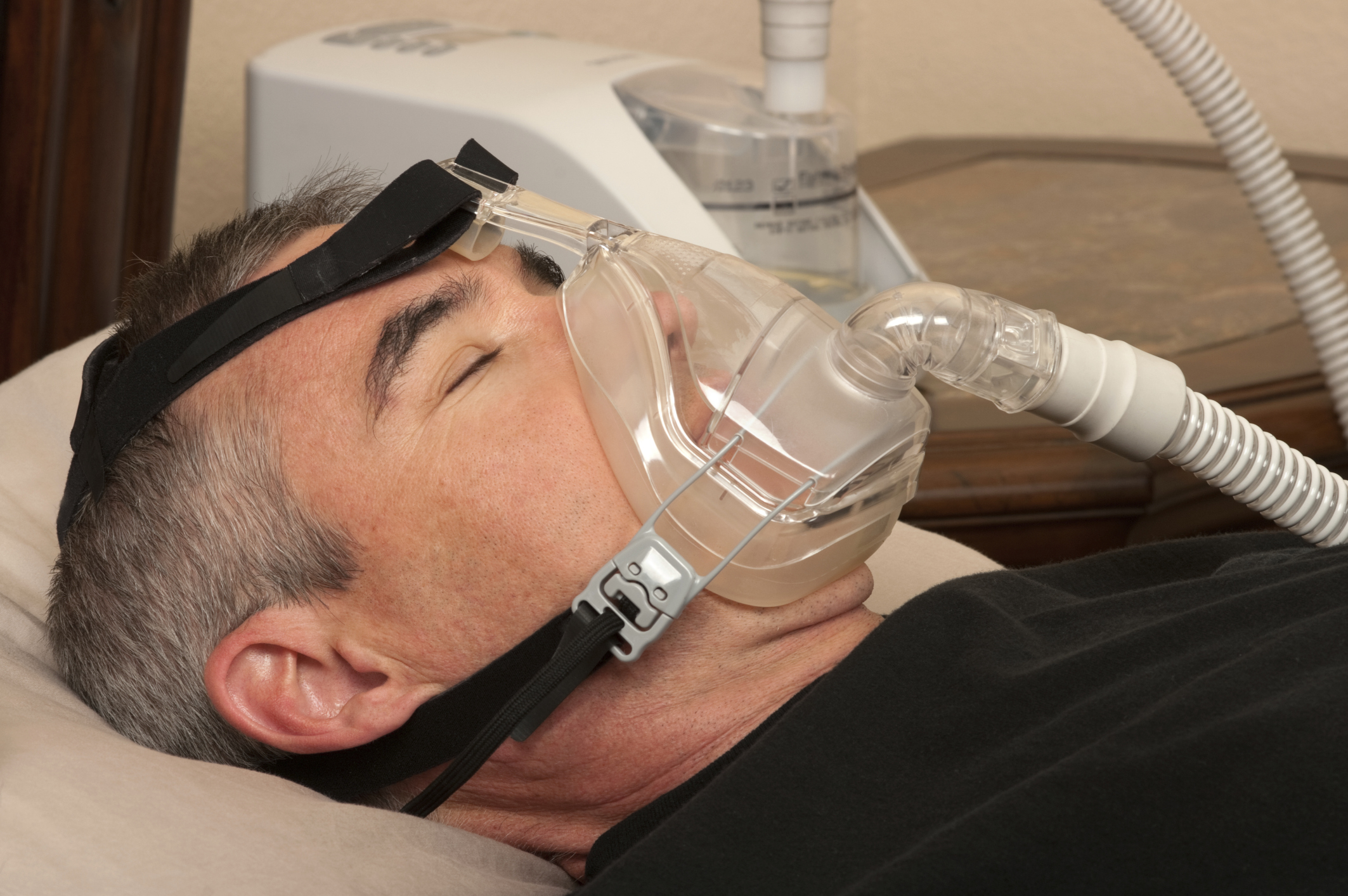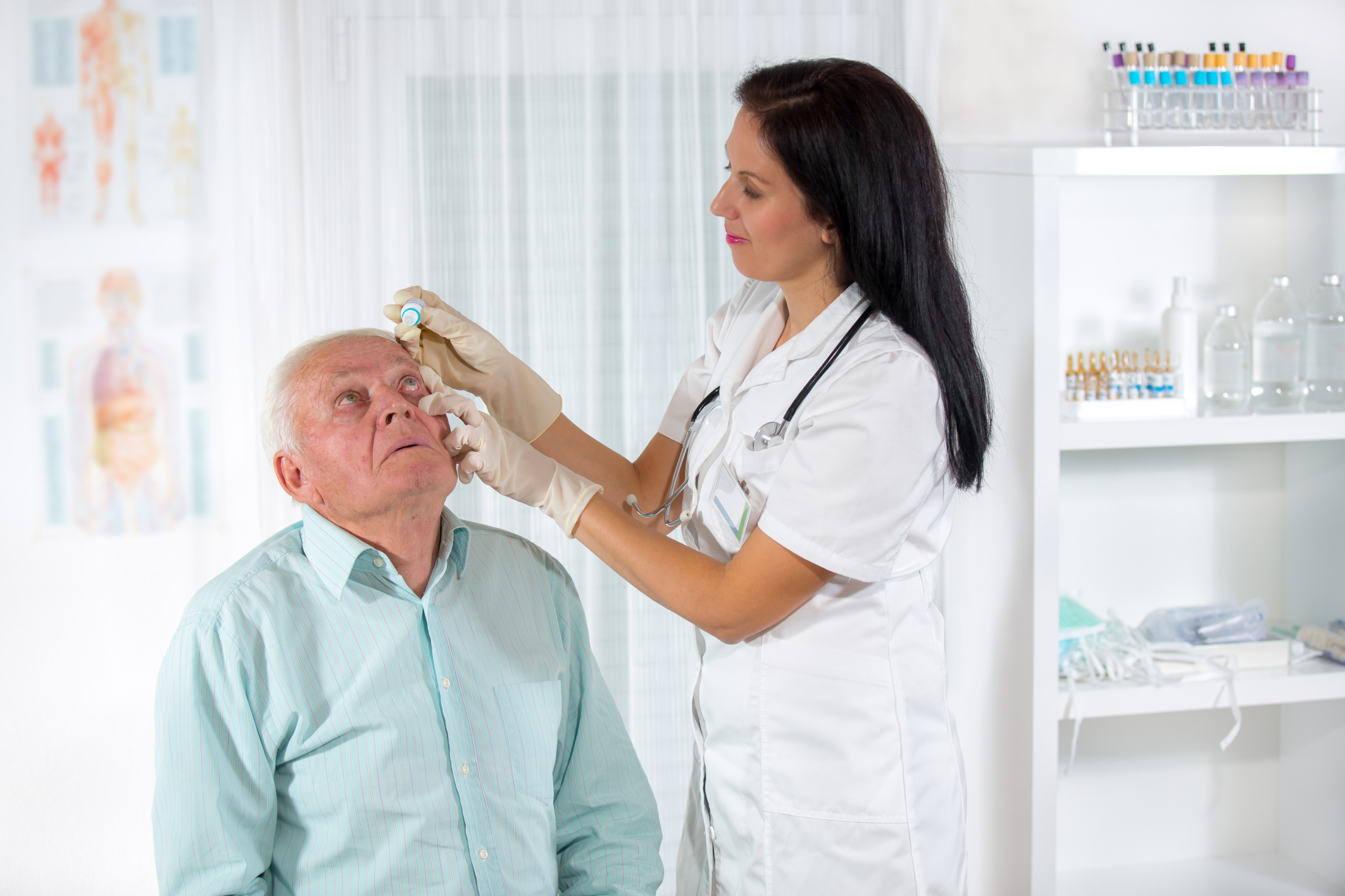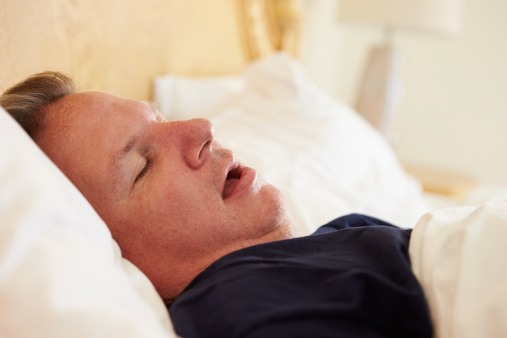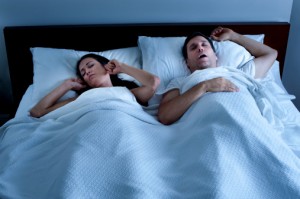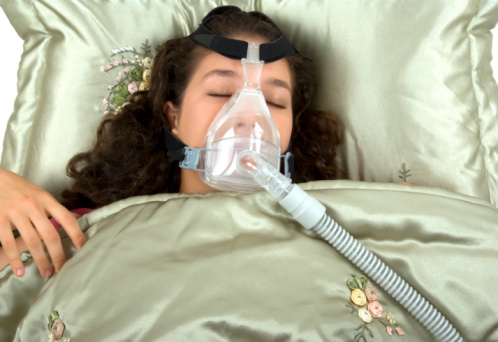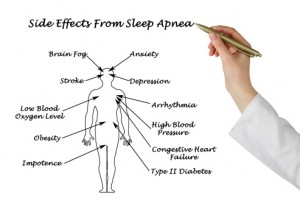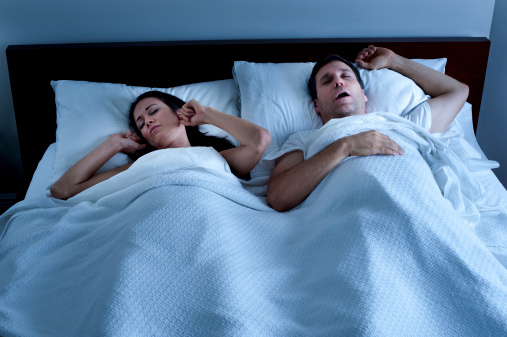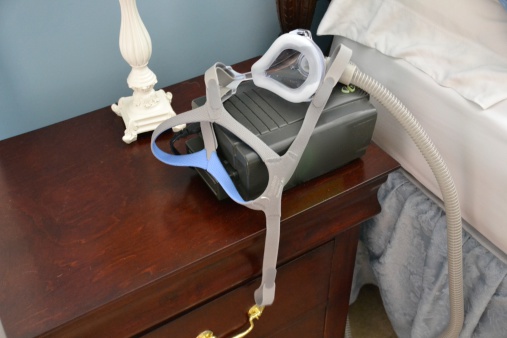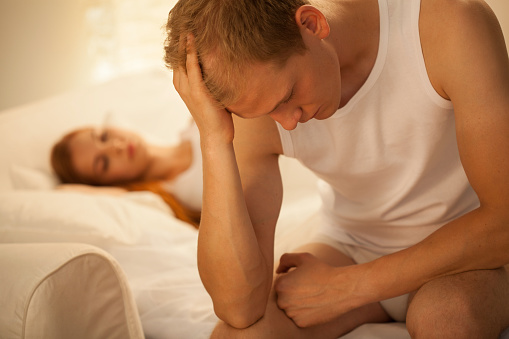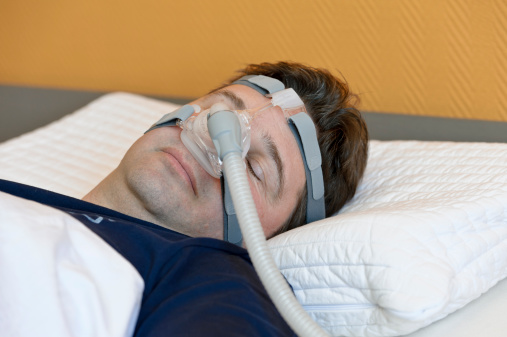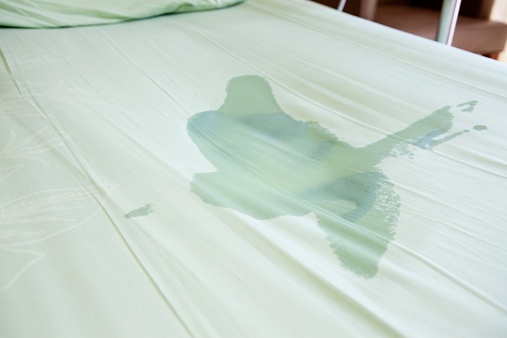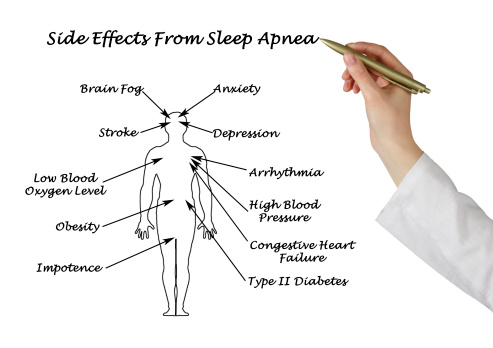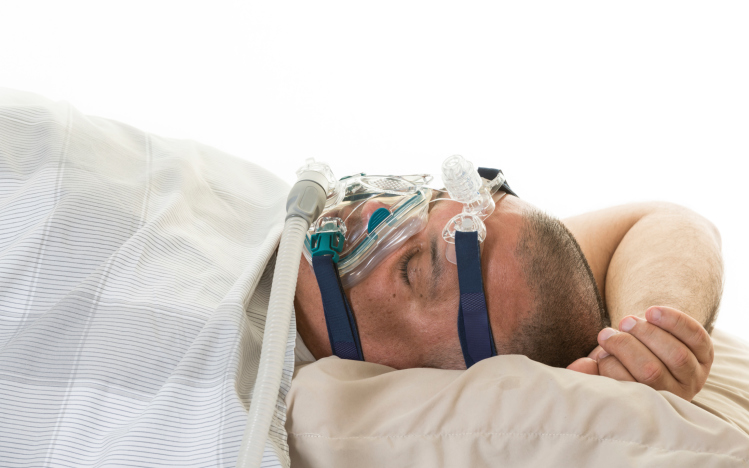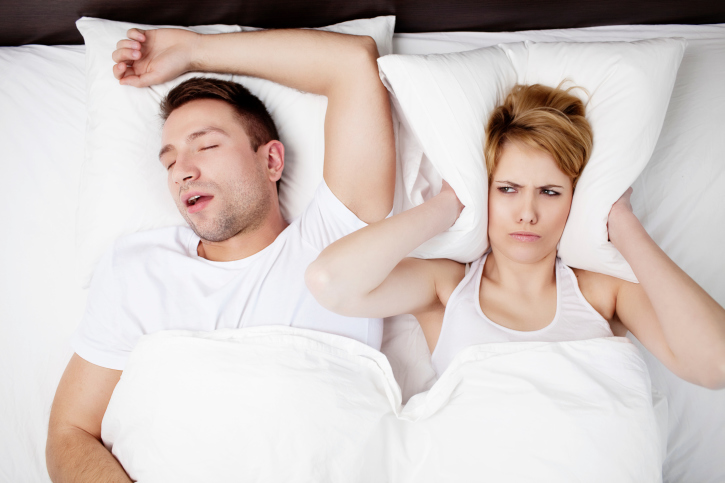Sleep apnea treatment by CPAP device can lower diabetes risk
Sleep apnea is a sleep condition that causes a person to periodically stop breathing. The person may wake up fatigued, with a dry mouth or even a cough. There are two main types of sleep apnea: Obstructive and central sleep apnea. Obstructive sleep apnea is the most common form where the muscles in the throat relax causing the cessation ...click here to read more

